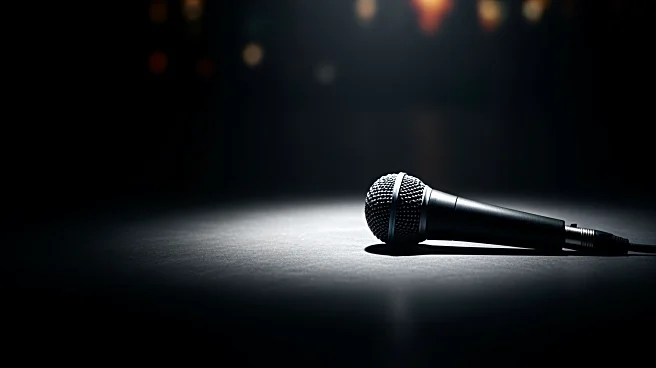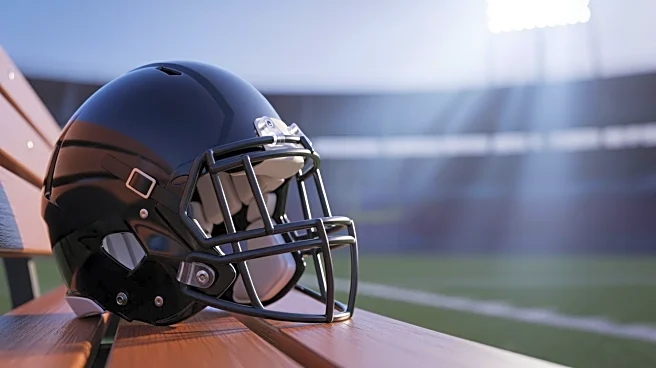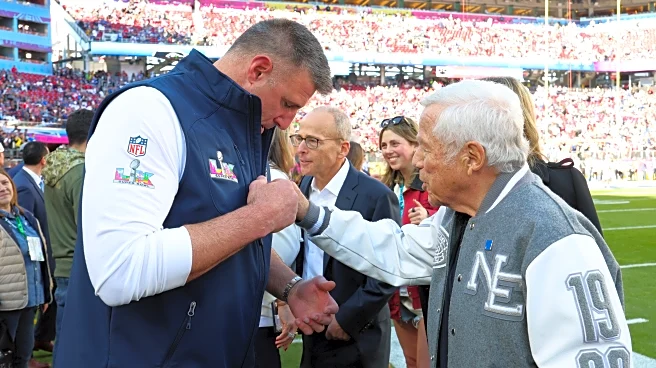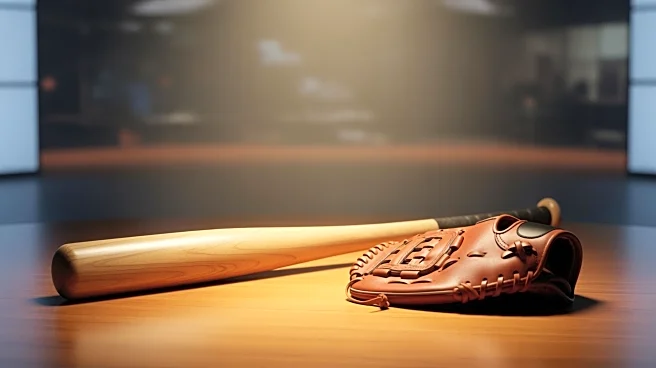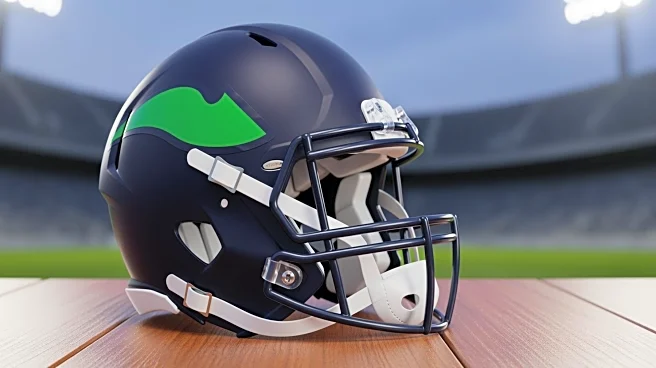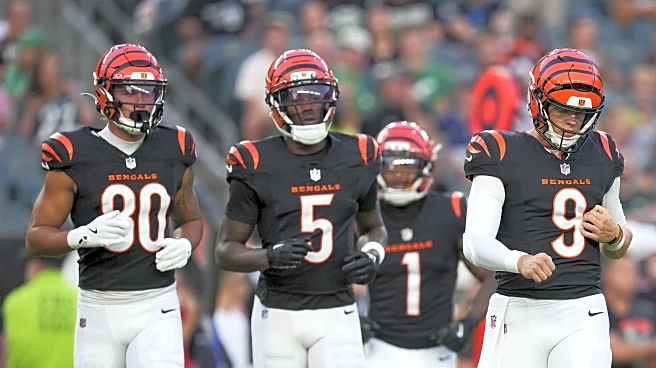What's Happening?
Rapper Young Bleed, a prominent figure in the Louisiana hip-hop scene, has died at the age of 51 following complications from a brain aneurysm. His son, Ty’Gee Ramon, confirmed the news on Instagram, stating that his father 'gained his wings' on Saturday.
Young Bleed, born Glenn Clifton Jr., was hospitalized in late October after suffering a brain aneurysm caused by internal bleeding. The medical emergency occurred shortly after his performance at the Cash Money Verzuz No Limit event at ComplexCon. Despite having high blood pressure and a heart condition, Young Bleed had not previously dealt with significant health issues, according to his family. His mother has set up a GoFundMe to assist with medical expenses. Young Bleed was instrumental in establishing Baton Rouge hip-hop in the late 1990s, gaining recognition through his collaboration with Master P and achieving gold status with his debut album.
Why It's Important?
Young Bleed's death marks a significant loss for the hip-hop community, particularly in Baton Rouge, where he played a pivotal role in shaping the local music scene. His collaboration with Master P and success under the No Limit label helped bring national attention to Baton Rouge hip-hop, influencing a generation of artists. The news of his passing may prompt reflections on the health challenges faced by artists in the industry, highlighting the importance of addressing medical conditions such as high blood pressure. Additionally, his legacy may inspire continued interest and investment in the Baton Rouge music scene, as his son Ty’Gee Ramon has expressed intentions to carry on his father's legacy.
What's Next?
Following Young Bleed's passing, there may be tributes and memorials organized by fans and fellow artists to honor his contributions to hip-hop. His family, particularly his son, may continue to engage with the music community, potentially releasing posthumous works or organizing events to celebrate his legacy. The GoFundMe campaign initiated by his mother could see increased support as fans and the community rally to assist with medical expenses. The broader hip-hop community may also reflect on the health and wellness of artists, potentially leading to initiatives aimed at improving healthcare access and awareness within the industry.
